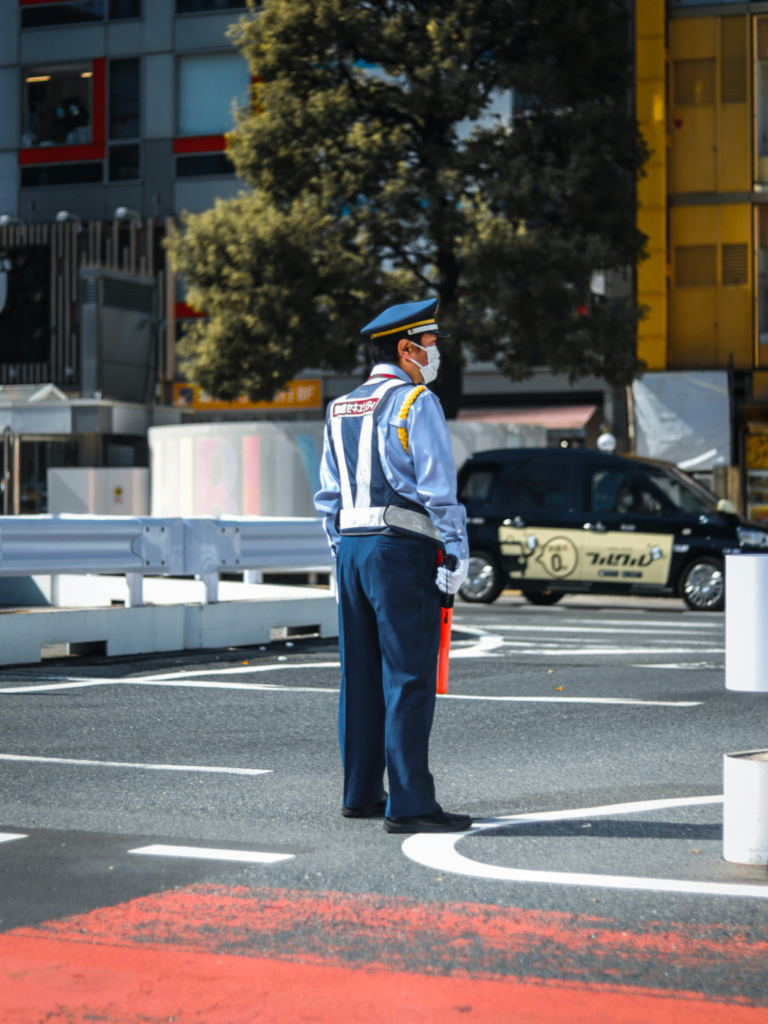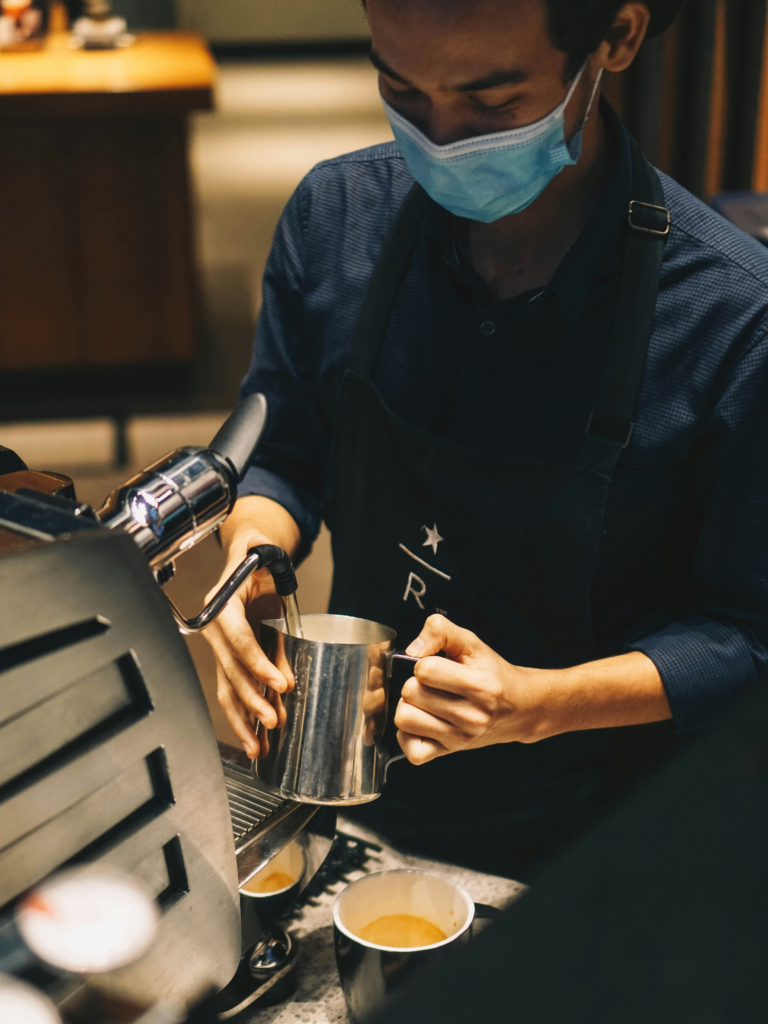Imagine arriving in Japan, eager to immerse yourself in its language and culture—and perhaps earn a little extra money along the way. Before you rush off to find your first part-time job, however, there’s a critical piece of bureaucracy you must conquer: securing “permission for activities outside your status of residence,” known in Japanese as shikaku-gai katsudō.
Here’s what every international student in Japan needs to know.
What is “permission for activities outside your status of residence”?
Under Japan’s Immigration Control and Refugee Recognition Act, holders of a “student” residence status are admitted solely for the purpose of study. By default, that status prohibits any work—whether a supermarket shift or a cafe barista gig. To work legally, you must apply to the Immigration Services Agency for the shikaku-gai katsudō permission. Start working before you receive that green light, and you risk deportation. There’s absolutely no room for “I’ll just do one shift and hope they don’t notice.”
Navigating the Immigration Services Agency
The Immigration Services Agency (Nyūkoku-ryūchi Kanri-chō) is the arm of Japan’s Ministry of Justice responsible for all matters concerning international residents—from visa applications to issuing residence cards. It oversees regional immigration and residency bureaus. Every non-Japanese national interacts with this agency—whether at the airport’s immigration counter or at a local bureau to renew a visa.
How many hours can you work?
Once you’ve secured permission, you can work up to 28 hours per week—period. During long school breaks (summer and winter vacation), you may extend your limit to 8 hours per day, but only on those officially sanctioned vacation days (kyūka) offered by your institution. Note that taking a leave of absence from school (kyūgaku) does not count as a vacation; only the scheduled summer/winter breaks qualify.
Crucially, “28 hours per week” is calculated on a rolling seven-day basis. That means at any point, looking back over the previous seven days, your total work must stay under 28 hours. It is not a simple Monday-to-Sunday tally that resets every Monday morning.


Forbidden work: The nightlife and adult entertainment industry
Japanese law draws a bright line around the fūzoku-gyō, defined by the Act on Control and Improvement of Amusement Business. This category includes:
- Hostess clubs (kyabakura)
- Nightclubs with dance or adult entertainment
- Certain gambling-related establishments
- Bars that fall under special licensing
Some students might wonder, “What if I work in the office of a hostess bar, as an accountant or as cleaning staff?” Unfortunately, any role within a fūzoku-licensed venue—even sweeping floors—is strictly prohibited. To avoid missteps, consult the Tokyo Metropolitan Police Department’s published list of fūzoku-licensed businesses and steer clear.
When and how to apply
You have two options for submitting your application:
- At the airport: When you first enter Japan, notify the immigration officer that you wish to apply for permission for activities outside your status. They will provide you with a short form to complete on the spot.
- Later at a local bureau: If you forget at the airport (it happens!), simply head to your nearest Immigration and Residency Bureau with your residence card and the completed application form.
Either way, the requirement is the same: make sure you submit that application before starting any paid work.


In summary
Working part-time is an excellent way for international students in Japan to hone language skills, build friendships, and ease living expenses. But ignorance of Japan’s immigration rules can spell trouble. Remember:
- Student visas prohibit work without explicit permission.
- Apply for shikaku-gai katsudō either at immigration upon arrival or later at your local bureau.
- Limit your work to under 28 hours per rolling week (extended daily hours only during official school vacations).
- Avoid all fūzoku-licensed establishments, no exceptions.
With your paperwork in order, you can focus on mastering Japanese and making memories without looking over your shoulder. Enjoy your studies, savor life in Japan, and legally earn that extra yen!
